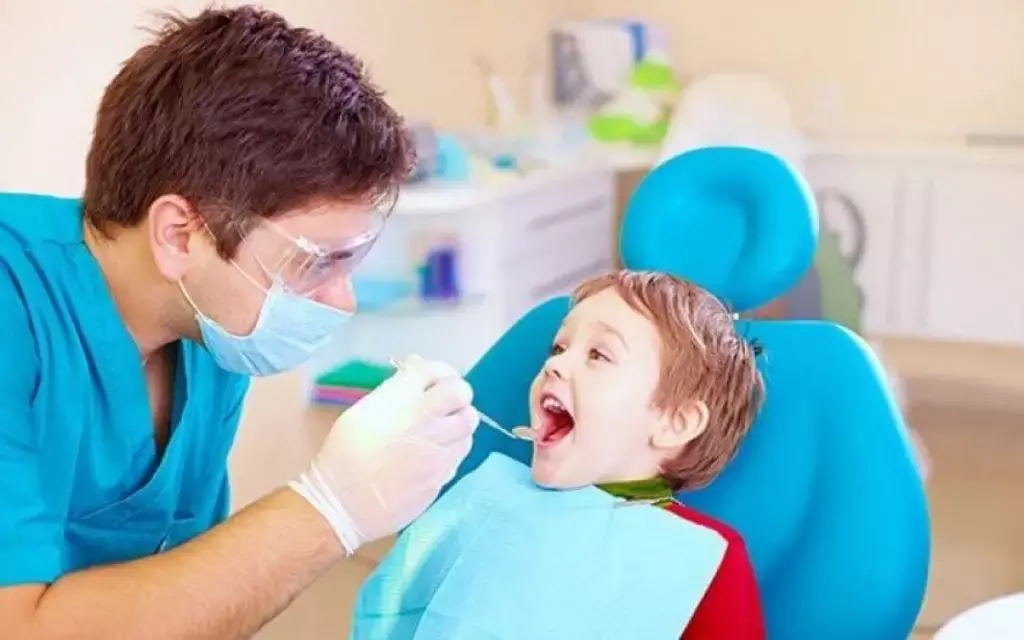- Home
- Medical news & Guidelines
- Anesthesiology
- Cardiology and CTVS
- Critical Care
- Dentistry
- Dermatology
- Diabetes and Endocrinology
- ENT
- Gastroenterology
- Medicine
- Nephrology
- Neurology
- Obstretics-Gynaecology
- Oncology
- Ophthalmology
- Orthopaedics
- Pediatrics-Neonatology
- Psychiatry
- Pulmonology
- Radiology
- Surgery
- Urology
- Laboratory Medicine
- Diet
- Nursing
- Paramedical
- Physiotherapy
- Health news
- Fact Check
- Bone Health Fact Check
- Brain Health Fact Check
- Cancer Related Fact Check
- Child Care Fact Check
- Dental and oral health fact check
- Diabetes and metabolic health fact check
- Diet and Nutrition Fact Check
- Eye and ENT Care Fact Check
- Fitness fact check
- Gut health fact check
- Heart health fact check
- Kidney health fact check
- Medical education fact check
- Men's health fact check
- Respiratory fact check
- Skin and hair care fact check
- Vaccine and Immunization fact check
- Women's health fact check
- AYUSH
- State News
- Andaman and Nicobar Islands
- Andhra Pradesh
- Arunachal Pradesh
- Assam
- Bihar
- Chandigarh
- Chattisgarh
- Dadra and Nagar Haveli
- Daman and Diu
- Delhi
- Goa
- Gujarat
- Haryana
- Himachal Pradesh
- Jammu & Kashmir
- Jharkhand
- Karnataka
- Kerala
- Ladakh
- Lakshadweep
- Madhya Pradesh
- Maharashtra
- Manipur
- Meghalaya
- Mizoram
- Nagaland
- Odisha
- Puducherry
- Punjab
- Rajasthan
- Sikkim
- Tamil Nadu
- Telangana
- Tripura
- Uttar Pradesh
- Uttrakhand
- West Bengal
- Medical Education
- Industry
Long-term steroid use in children with nephrotic syndrome tied with developmental abnormalities of the teeth

Long-term use of glucocorticoids in children with nephrotic syndrome promotes the occurrence of developmental abnormalities of the teeth suggests a recent study published in the International Dental Journal.
Treatment with glucocorticoids in children with nephrotic syndrome can cause developmental disorders of the masticatory organ and bone or teeth abnormalities. The aim was to assess the frequency and type of dental abnormalities and the correlation of their occurrence with a dosage of glucocorticoids and treatment time in children with idiopathic nephrotic syndrome.
The study group consisted of 31 patients aged 5 to 17 diagnosed with idiopathic steroid-sensitive nephrotic syndrome and 33 overall healthy children. The studies included clinical evaluation of dentition, radiologic diagnostics, and statistical analysis.
The Results of the study are:
- In the study group, 77.4% of patients were diagnosed with abnormalities in dental development.
- Tooth number disorders, presence of persistent deciduous teeth and impacted teeth, abnormal crown or root shape, developmental defects of enamel, pulp stones, and bone structure disorders were identified.
- Statistical analysis showed significant differences in the average treatment time of glucocorticoids in patients without and with tooth developmental abnormalities.
Thus, long-term use of glucocorticoids in children with nephrotic syndrome promotes the occurrence of developmental abnormalities of the teeth, calcification of the pulp, and disorders of bone tissue metabolism. For this reason, patients with steroid-sensitive nephrotic syndrome should be under the constant care of a dentist.
Reference:
Paula Piekoszewska-Ziętek, Dorota Olczak-Kowalczyk, Małgorzata Pańczyk-Tomaszewska, Dariusz Gozdowski. Developmental Abnormalities of Teeth in Children With Nephrotic Syndrome, International Dental Journal, Volume 72, Issue 4, 2022, Pages 572-577, ISSN 0020-6539, https://doi.org/10.1016/j.identj.2021.11.014.
Keywords:
Long-term, use, glucocorticoids, children, nephrotic, syndrome, promotes, occurrence, developmental, abnormalities, teeth, International Dental Journal, Paula Piekoszewska-Ziętek, Dorota Olczak-Kowalczyk, Małgorzata Pańczyk-Tomaszewsk, Dariusz Gozdowsk
Dr. Shravani Dali has completed her BDS from Pravara institute of medical sciences, loni. Following which she extensively worked in the healthcare sector for 2+ years. She has been actively involved in writing blogs in field of health and wellness. Currently she is pursuing her Masters of public health-health administration from Tata institute of social sciences. She can be contacted at editorial@medicaldialogues.in.
Dr Kamal Kant Kohli-MBBS, DTCD- a chest specialist with more than 30 years of practice and a flair for writing clinical articles, Dr Kamal Kant Kohli joined Medical Dialogues as a Chief Editor of Medical News. Besides writing articles, as an editor, he proofreads and verifies all the medical content published on Medical Dialogues including those coming from journals, studies,medical conferences,guidelines etc. Email: drkohli@medicaldialogues.in. Contact no. 011-43720751


